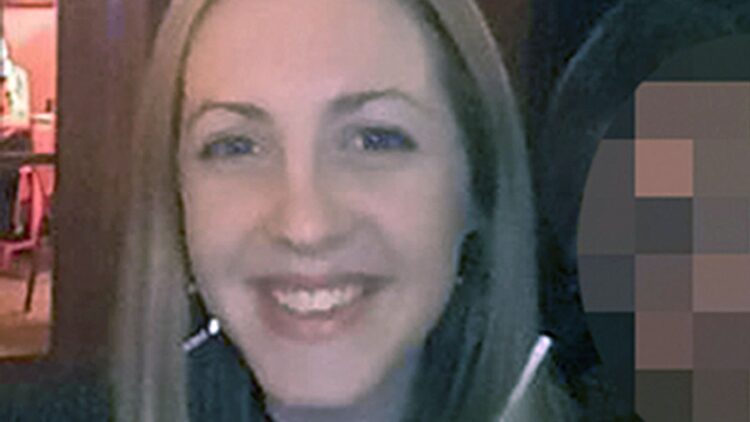By Lucy Caulkett-
A public inquiry has been launched to delve into the horrifying crimes of Lucy Letby,(pictured) a nurse found guilty of murdering seven babies and attempting to kill six others.
The probe, to be chaired by Lady Justice Thirlwall, is set to focus on three critical areas and will examine the tragic events that unfolded under her care.
Letby, who was 33 years old at the time of her conviction, received multiple whole life sentences for her heinous crimes, ensuring that she will spend the rest of her life behind bars.
Her actions took place while she was employed at the Countess of Chester Hospital’s neonatal unit between 2015 and 2016, during which she committed these unfathomable acts of violence against innocent infants.
Health Secretary Steve Barclay, who initiated the inquiry, described Letby’s crimes as “some of the very worst the UK has witnessed.” The probe has been granted statutory inquiry status, providing it with the authority to compel witnesses to provide evidence.
The government has published the inquiry’s terms of reference, outlining the three fundamental areas of focus.
These encompass the experiences of the parents of the babies named in the indictment, the conduct of all individuals working at the Countess of Chester Hospital concerning Letby’s actions, and the effectiveness of NHS management, governance structures, and processes, as well as external scrutiny and professional regulation.
Serving as the foundation for this investigation, there are 30 key questions that Lady Justice Thirlwall will be addressing.
These questions encompass a wide range of issues, from specific concerns about what the parents of each child were told about the cause of death or injuries and when they were informed about
Letby’s involvement, to broader inquiries into the hospital’s procedures, such as the role of relationships between clinicians and staff in safeguarding neonatal patients.
The public inquiry will also explore wider issues related to NHS culture, management, and governance, seeking to identify any contributing factors to the failure to protect neonatal patients from Letby’s actions.
The government emphasized the priority of conducting a thorough inquiry as expeditiously as possible. The length and timing of the hearings and the location where they will occur depend on the nature and extent of live evidence required and the actions of the police and Crown Prosecution Service.
Upon the conclusion of the hearings, Lady Justice Thirlwall will provide a final report to the Health Secretary at the earliest possible time. This report will include recommendations for necessary actions to prevent such tragic events from occurring in the future and to hold accountable those who were responsible or negligent in their duties.
The shocking revelations surrounding Lucy Letby’s crimes have exposed serious concerns about the safeguarding of patients in the NHS and have shattered the trust of parents and families who have placed their faith in the healthcare system.
The public inquiry will serve as a crucial step in understanding how such a devastating breach of trust could occur, shedding light on the failures of the system and the need for comprehensive reforms.
This tragic case also highlights the importance of ensuring that professionals working in the healthcare sector are subject to rigorous vetting and supervision to prevent such atrocities.
The Letby case has forced the NHS to confront deeply unsettling questions regarding the culture, management, and governance within its facilities, as well as the professional regulation of its staff.
While the inquiry seeks to provide answers and solutions, the scars left by these unimaginable events will take much longer to heal.




